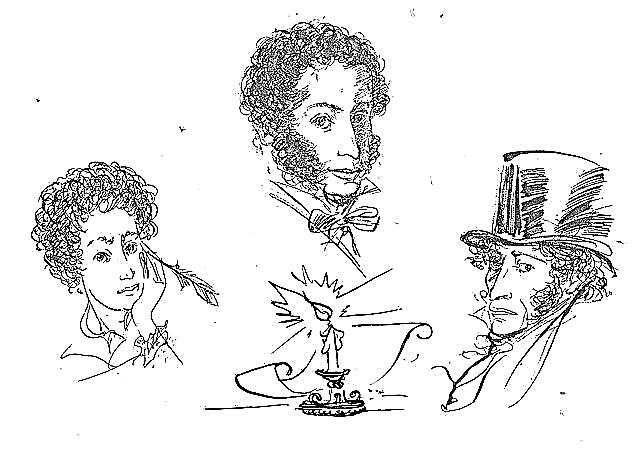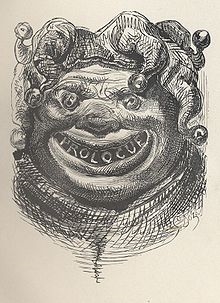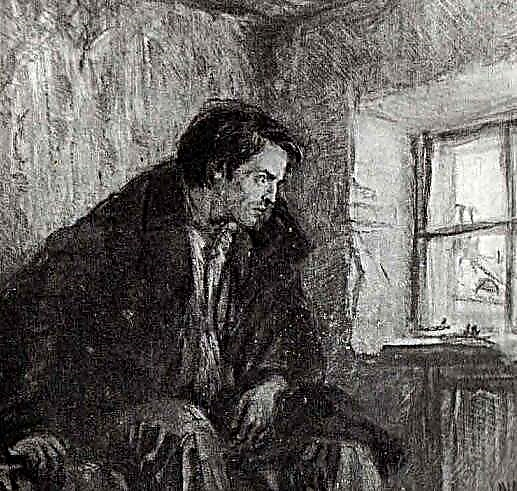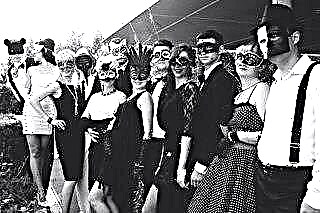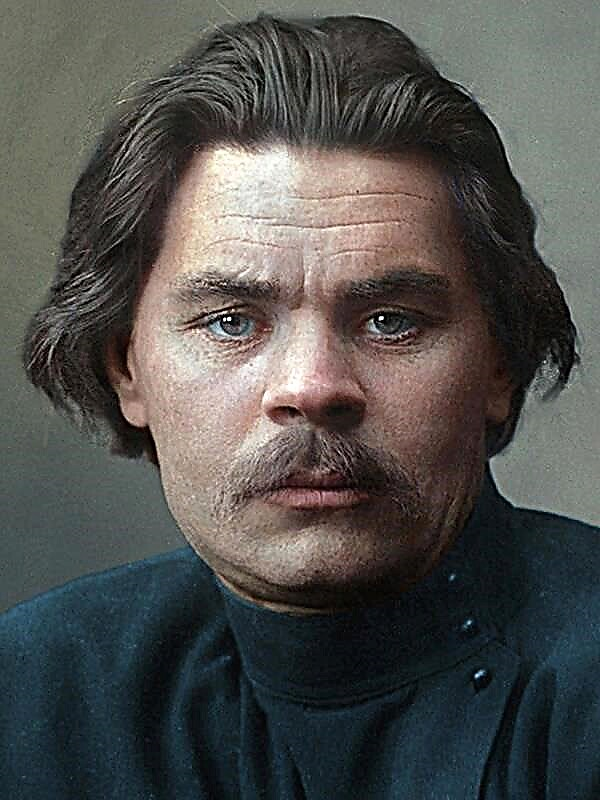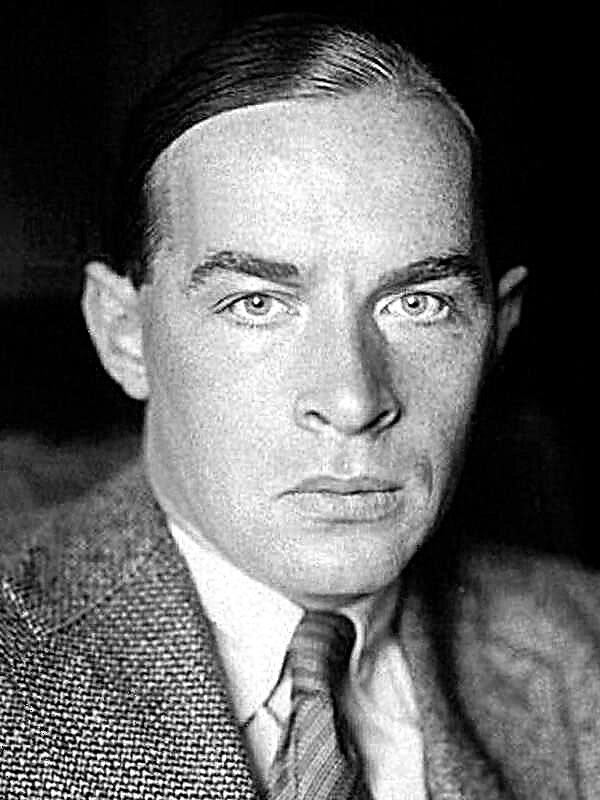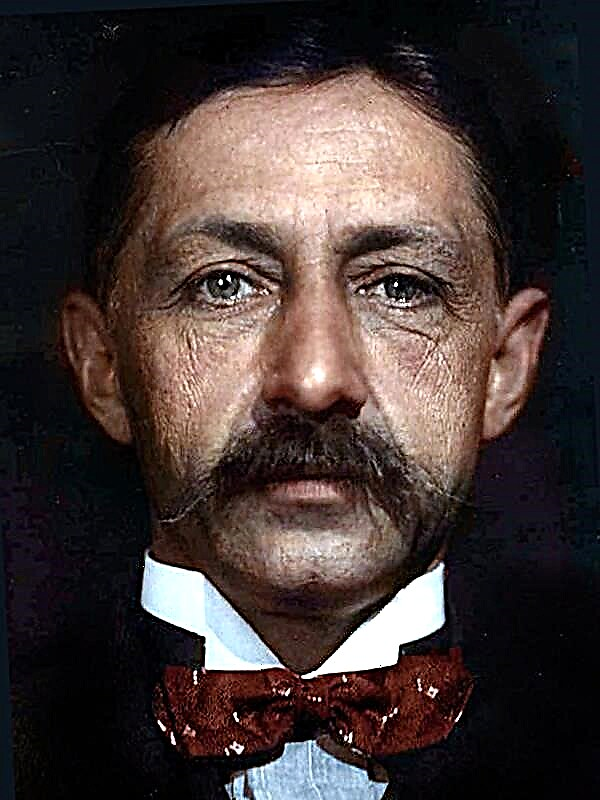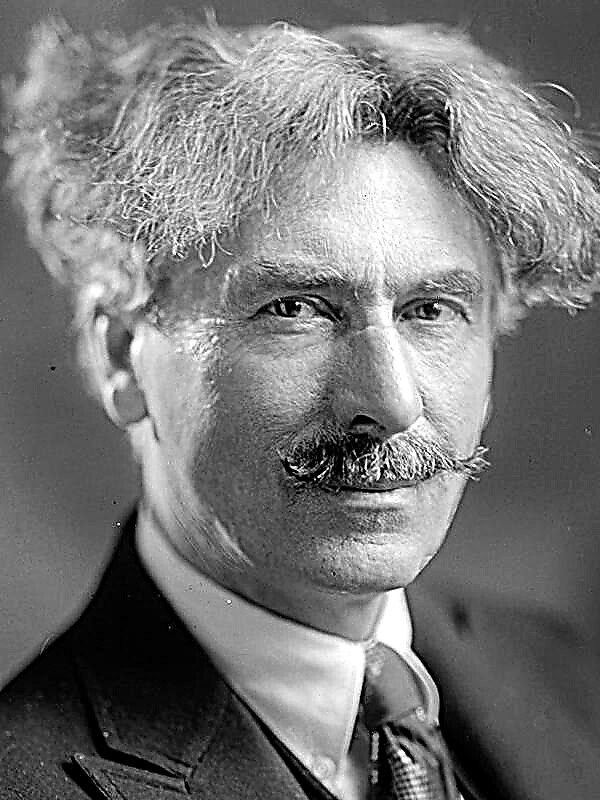The author precisely indicates the place and time of events at the end of the list of characters - Genoa, 1547. The play is preceded by an epigraph by the Roman historian Sallustius about Catalin: “I consider this villainy out of the ordinary for the unusual and dangerous nature of the crime.” The young wife of Count Fiesco di Lavagna, the leader of the Republicans in Genoa, Leonora is jealous of her husband for Julia, the sister of the ruler of Genoa. The count really takes care of this flirtatious widowed countess, and she asks Fiesco to give her a medallion with a portrait of Leonora as a guarantee of love, and gives him his own.
The nephew of Doria, the ruler of Genoa, Janettino suspects that in Genoa the Republicans are plotting against his uncle. To avoid a coup, he hires the Moor to kill the head of the Republicans Fiesco. But the treacherous Moor gives the plan to Janettino to the Count di Lavagna and passes to him to serve.
In the house of Republican Verrina, great sorrow, his only daughter Berta was raped. The criminal was masked, but according to the description of his daughter, the unfortunate father guesses that this is the work of Doria's nephew. He who came to Verrina to ask for the hands of Berta Burgonino becomes a witness to the terrible curse of his father; he locks his daughter in a dungeon of his own house until the blood of Janettino wipes the shame from his family.
The nobles of Genoa come to Fiesco, they tell him about the scandal in the signoria that occurred during the election of the procurator. Gianettino tore the election, he pierced the ball of a nobleman Tsibo with a sword, saying: “The ball is invalid! He is with a hole! ” In society, dissatisfaction with the rule of Doria has clearly reached the limit. Fiesco understands this. He wants to take advantage of the mood of the Genoese and carry out a coup. The count asks the Moor to play the scene of an assassination attempt on him. As di Lavagna had supposed, the people arrested the “criminal”, he “confessed” that he had been sent by Doria's nephew. The people are outraged, his sympathies are on the side of Fiesco.
To Janettino is his trusted Lomellino. He warns Doria's nephew of the danger hanging over him in connection with the betrayal of the Moor. But Janettino is calm, he has long been stocked up with a letter signed by Emperor Carl and his seal. It says that the twelve senators of Genoa must be executed, and the young Doria will become a monarch.
Genoese Republican patricians come to Fiesco's house. Their goal is to persuade the count to take charge of the conspiracy against the duke. But di Lavagna ahead of their offer, he shows them letters informing them of the arrival in Genoa for the "deliverance from tyranny" of soldiers from Parma, "gold from France", "four galleys of the pope." The nobles did not expect such quickness from Fiesco, they agree on a signal to speak and disperse.
On the way, Verrina entrusts her future son-in-law Burgonino with the secret that he will kill Fiesco as soon as the tyrant Dorius is overthrown, for the shrewd old Republican suspects that the Count’s goal is not to establish a republic in Genoa. Di Lavagna himself wants to take the place of the duke.
The Moor, sent by Fiesco to the city in order to find out the mood of the Genoese, returns with a message about the intention of Janettino to execute twelve senators, including the count. He also brought the powder, which Countess Imperiali asked him to pour in a cup of chocolate with Leonore. Fiesco urgently convenes the conspirators and informs them of the emperor’s letter from Doria’s nephew. The rebellion should begin that night.
Late in the evening, Genoese nobles gather in the house of Fiesco supposedly to present comedians. The count gives a fiery speech in which he urges them to overthrow the tyrants of Genoa, and distributes weapons. Calcagno, who had just come from the duke's palace, bursts into the house last. There he saw the Moor, he betrayed them. Everything is in turmoil. Seeking to take control of the situation, Fiesco says that he himself sent his servant there. German soldiers appear to guard the Duke of Doria. They enter the Moor, with him a note in which the tyrant of Genoa informs the Count that he is notified of the conspiracy and that night he will purposely send his bodyguards away. Nobleness and honor do not allow Fiesco in this situation to attack Doria. Republicans are adamant, they demand to lead them to storm the ducal palace.
Julia was invited to the count’s performance in the Count’s house. In front of his wife Leonora Fiesco plays the stage, seeking the declaration of love from the Countess Imperiali. Contrary to expectations, Count Di Lavagna rejects the fiery love of an insidious coquette, he calls the nobles who are in the house, returns to witnesses the powder with which she wanted to poison his wife, and “buffoonery” - a medallion with her portrait, orders the Countess herself to be arrested. The honor of Leonora is restored.
Left alone with his wife, Fiesco confesses his love to her and promises that she will soon become a duchess. Leonora is afraid of power, she loves a solitary life in love and harmony, and she is trying to persuade her husband to this ideal. The Count di Lavagna, however, is no longer able to change the course of events, a cannon shot sounds - a signal to the beginning of the uprising.
Fiesco rushes to the palace of the Duke, changing his voice, he advises Andrea Doria to run, the horse is waiting for him at the palace. He does not agree at first. But, having heard the noise on the street, Andrea, under the guise of a guard, escapes from the palace. Meanwhile, Burgonino kills Doria’s nephew and hurries to Verrina’s house to tell Berthe that she is avenged and can leave her prison. Bertha agrees to become the wife of her protector. They flee to the harbor and leave the city by ship.
Genoa reigns in chaos. Fiesco meets a man in a purple cloak on the street, he thinks it is Janettino, and stabs the duke's nephew. Having thrown back the cloak of the slain, di Lavagna finds out that he stabbed his wife. Leonora could not sit at home, she rushed to the battle to be next to her husband. Fiesco is heartbroken.
The Duke of Andrea Dorius is unable to leave Genoa. He returns to the city, preferring death to eternal wandering.
Recovering after the death of Leonora, Fiesco wears a purple cloak, a symbol of the ducal authority in Genoa. In this form, Verrina catches him. The republican offers the count to throw off the tyrant’s clothes, but he does not agree, then Verrina carries di Lavagna to the harbor, where when climbing the galley he dumps Fiesco into the sea. Entangled in a cloak, the count is drowning. The conspirators, rushing to the rescue, inform Verrina that Andrea Doria returned to the palace and half of Genoa went over to his side. Verrina also returns to the city to support the ruling duke.



